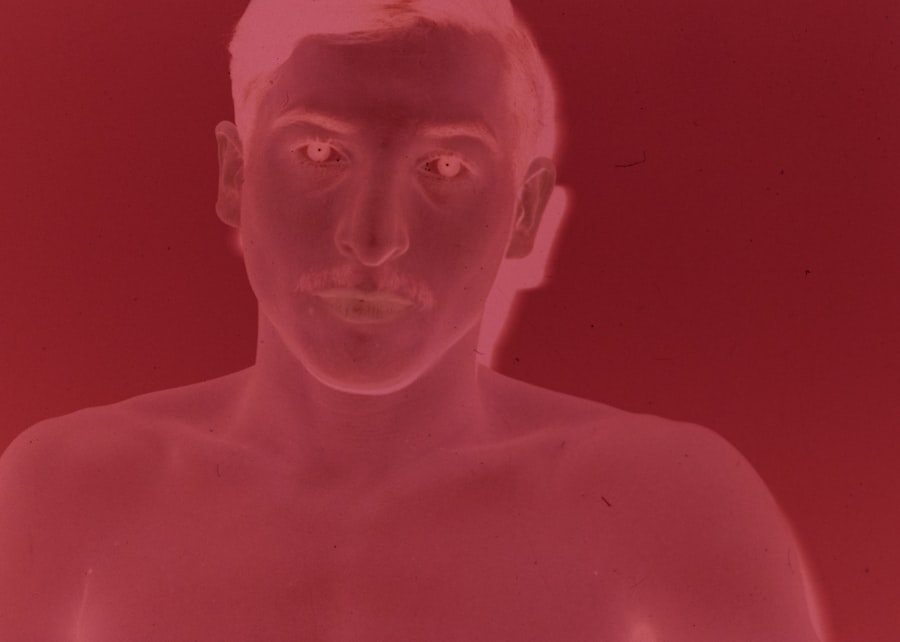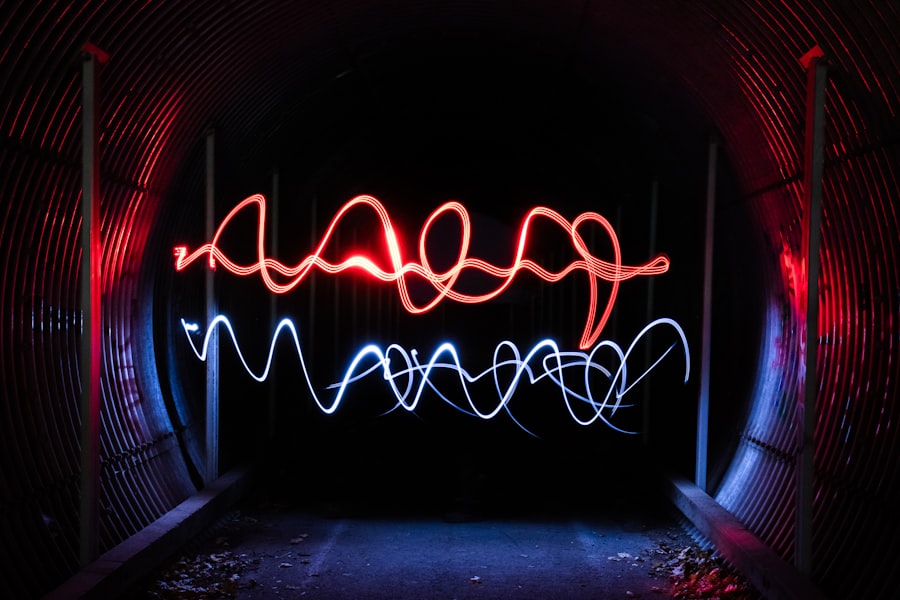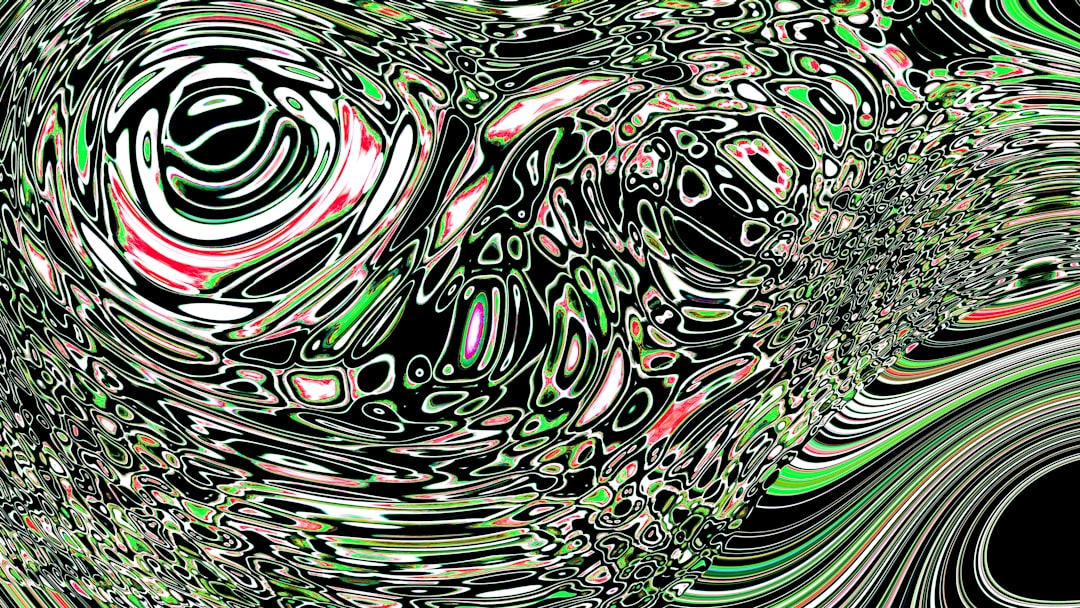The Mandela Effect refers to a phenomenon where a large group of people remembers an event, fact, or detail differently from how it actually occurred. The term was coined by Fiona Broome, who discovered that she, along with many others, falsely remembered Nelson Mandela dying in prison during the 1980s. In reality, Mandela was released in 1990 and passed away in 2013.
This collective misremembering raises intriguing questions about the nature of memory and reality. You may find yourself pondering how so many individuals can share the same incorrect recollection, leading to a sense of confusion and disbelief. At its core, the Mandela Effect challenges your understanding of memory as a reliable source of truth.
It suggests that your memories can be influenced by external factors, social interactions, and even cultural narratives. As you delve deeper into this phenomenon, you may begin to wonder about the implications it has on your perception of reality and how easily your mind can be swayed by collective beliefs. The Mandela Effect serves as a reminder that memory is not infallible; rather, it is a complex interplay of personal experiences and shared knowledge.
Key Takeaways
- The Mandela Effect refers to a phenomenon where a large group of people remember something differently than how it actually occurred.
- Examples of the Mandela Effect include the false memory of Nelson Mandela dying in prison, the spelling of the Berenstain Bears, and the placement of the Monopoly man’s monocle.
- Theories behind the Mandela Effect range from parallel universes and time travel to collective false memories and cognitive biases.
- Psychological explanations for the Mandela Effect include confabulation, source monitoring errors, and suggestibility.
- The Mandela Effect affects society by challenging our understanding of memory, reality, and the nature of truth.
Examples of the Mandela Effect
There are numerous examples of the Mandela Effect that illustrate how widespread these false memories can be. One of the most famous instances involves the children’s book series “The Berenstain Bears.” Many people distinctly remember it being spelled “Berenstein Bears,” with an “e” instead of an “a.” This simple spelling difference has sparked heated debates among fans who are convinced that their memories are accurate. If you find yourself among those who recall the “Berenstein” spelling, you are not alone; countless others share this belief, leading to discussions about alternate realities or timelines.
Another notable example is the popular line from the movie “Star Wars.” Many fans insist that Darth Vader famously says, “Luke, I am your father.” However, the actual line is, “No, I am your father.” This misquote has permeated popular culture to such an extent that it has become ingrained in the collective consciousness. You might even catch yourself quoting it incorrectly without realizing it. These examples highlight how easily misinformation can spread and become accepted as truth, prompting you to question your own memories and those of others.
Theories behind the Mandela Effect

Several theories attempt to explain the origins of the Mandela Effect, each offering a unique perspective on why so many people share these false memories. One popular theory suggests that these collective misrememberings are a result of parallel universes or alternate realities. According to this idea, individuals may have slipped between dimensions, leading to discrepancies in their memories.
If you entertain this notion, it opens up fascinating possibilities about the nature of existence and the multiverse concept. Another theory posits that the Mandela Effect is a byproduct of cognitive dissonance and social reinforcement. When you encounter someone who shares a similar false memory, it can create a sense of validation that reinforces your belief in that memory.
This social aspect can lead to a snowball effect, where more people begin to adopt the same incorrect recollection simply because they hear it repeated often enough. This theory emphasizes the power of group dynamics and how they can shape your understanding of reality.
Psychological explanations for the Mandela Effect
| Psychological Explanations for the Mandela Effect |
|---|
| Memory Distortion |
| False Memories |
| Confabulation |
| Source Amnesia |
| Schema Theory |
From a psychological standpoint, the Mandela Effect can be attributed to various cognitive processes that influence how you form and retrieve memories. One key factor is the concept of false memories, which occur when your brain fills in gaps in your recollection with information that may not be accurate. This phenomenon can happen due to suggestion or misinformation, leading you to believe in a memory that never actually took place.
Another psychological explanation involves the role of confabulation, where your mind creates fabricated memories without intending to deceive. When you try to recall an event or detail, your brain may inadvertently mix up information from different sources or experiences. This blending can result in vivid but inaccurate memories that feel real to you.
Understanding these psychological mechanisms can help you navigate the complexities of memory and recognize that even your most cherished recollections may not be entirely reliable.
How the Mandela Effect affects society
The Mandela Effect has broader implications for society as a whole, particularly in how collective memory shapes cultural narratives and historical understanding. When large groups of people share false memories, it can lead to misconceptions about significant events or figures in history. This distortion can affect how future generations perceive their past and influence societal values and beliefs.
Moreover, the Mandela Effect highlights the fragility of memory and its susceptibility to external influences. As you engage with others and share experiences, you may inadvertently contribute to the spread of misinformation. This phenomenon underscores the importance of critical thinking and skepticism when evaluating information, especially in an age where misinformation can spread rapidly through various channels.
The role of social media in the spread of the Mandela Effect

In today’s digital age, social media plays a crucial role in amplifying the Mandela Effect. Platforms like Facebook, Twitter, and Instagram allow individuals to share their memories and experiences with a vast audience, creating an environment where collective misremembering can thrive. When you encounter posts or discussions about specific false memories, it can reinforce your own beliefs and lead you to question your recollections further.
The viral nature of social media also means that once a false memory gains traction, it can spread like wildfire. Memes, videos, and articles can perpetuate these inaccuracies, making it increasingly difficult for individuals to discern fact from fiction. As you navigate social media platforms, it’s essential to approach information critically and be aware of how easily misinformation can shape public perception.
Debunking the Mandela Effect
While the Mandela Effect may seem compelling at first glance, there are ways to debunk these collective false memories through critical analysis and research. One effective method is to consult reliable sources or original materials related to the memory in question. For instance, if you’re unsure about a specific quote or event, looking up primary sources or authoritative references can provide clarity and help you separate fact from fiction.
Additionally, engaging in discussions with others who may have differing perspectives can shed light on alternative interpretations of events or details. By fostering open dialogue and encouraging critical thinking, you can challenge your own beliefs and gain a deeper understanding of how memory works. This process not only helps debunk false memories but also promotes intellectual growth and awareness.
The impact of the Mandela Effect on popular culture
The Mandela Effect has left an indelible mark on popular culture, influencing everything from movies and television shows to literature and advertising. As you explore various forms of media, you may notice references to these collective misrememberings woven into storylines or character dialogues. This phenomenon serves as both a commentary on human memory and a source of entertainment for audiences who enjoy engaging with these shared experiences.
Moreover, the prevalence of the Mandela Effect has sparked interest among creators and storytellers who seek to explore themes of memory and reality in their work. You might find yourself drawn to narratives that challenge perceptions or delve into alternate realities, reflecting society’s fascination with this phenomenon. As popular culture continues to evolve, the Mandela Effect will likely remain a topic of intrigue and inspiration for artists across various mediums.
The Mandela Effect and conspiracy theories
The Mandela Effect often intersects with conspiracy theories, as both phenomena challenge conventional understandings of reality and truth. Some individuals speculate that these collective false memories are evidence of government manipulation or secret experiments aimed at altering public perception. If you find yourself intrigued by conspiracy theories, you may be drawn to explore connections between the Mandela Effect and broader societal concerns about control and misinformation.
This intersection raises important questions about trust in information sources and the nature of reality itself. As you navigate discussions surrounding conspiracy theories and the Mandela Effect, it’s crucial to approach these topics with a critical mindset while remaining open to diverse perspectives. Engaging thoughtfully with these ideas can deepen your understanding of societal dynamics and encourage meaningful conversations about truth and belief.
How to distinguish between real memories and false memories
Distinguishing between real memories and false memories requires a combination of self-reflection and critical thinking skills. One effective strategy is to examine the context surrounding your recollections. Consider when and where you first encountered a particular memory—was it influenced by external sources or conversations with others?
By analyzing the origins of your memories, you may uncover clues that reveal their accuracy. Additionally, seeking corroboration from reliable sources can help validate your recollections. If you’re uncertain about a specific detail or event, researching credible references or consulting experts in relevant fields can provide clarity.
This process not only aids in distinguishing between real and false memories but also fosters a deeper appreciation for the complexities of human cognition.
The ethical implications of the Mandela Effect
The ethical implications surrounding the Mandela Effect raise important questions about memory accuracy and societal responsibility.
You may feel compelled to engage in discussions that challenge misinformation while encouraging others to seek reliable sources for information.
Furthermore, understanding the psychological mechanisms behind false memories can foster empathy towards those who experience them. Recognizing that memory is not always reliable allows for more compassionate conversations about differing perspectives on events or details. By approaching discussions surrounding the Mandela Effect with sensitivity and openness, you contribute to a culture that values truth while acknowledging the complexities of human experience.
In conclusion, exploring the Mandela Effect reveals profound insights into memory’s nature and its impact on society. As you navigate this fascinating phenomenon, consider how it shapes your understanding of reality and influences cultural narratives. By engaging critically with information and fostering open dialogue, you contribute to a more informed society capable of discerning fact from fiction amidst an ever-evolving landscape of memory and belief.
The Mandela Effect is a fascinating phenomenon where a large group of people remember an event or detail differently than how it occurred. This intriguing concept often leads to discussions about the nature of memory and reality. For those interested in exploring similar mind-bending topics, you might find the article on It delves into various surprising facts and occurrences that challenge our perceptions and understanding of the world, much like the Mandela Effect itself. WATCH THIS! Don’t Believe Everything You Think — Your Brain Is A Master Trickster! The Mandela Effect refers to a phenomenon where a large group of people remember an event or detail differently than how it actually occurred. This collective misremembering has led some to believe that there may be alternate realities or parallel universes. The term “Mandela Effect” was coined by Fiona Broome, a self-described “paranormal consultant,” who noticed that many people believed Nelson Mandela had died in prison in the 1980s, when in fact he was released in 1990 and went on to become the President of South Africa. Some popular examples of the Mandela Effect include the belief that the children’s book series is called “The Berenstein Bears” when it is actually “The Berenstain Bears,” and the misconception that the Monopoly man wears a monocle when he does not. There are several theories about what causes the Mandela Effect, including false memories, social reinforcement of incorrect information, and the possibility of parallel universes or alternate realities. The Mandela Effect is not a scientifically proven phenomenon and is largely considered to be a result of cognitive biases, false memories, and the spread of misinformation. There is no empirical evidence to support the existence of alternate realities or parallel universes as an explanation for the Mandela Effect.FAQs
What is the Mandela Effect?
How did the Mandela Effect get its name?
What are some popular examples of the Mandela Effect?
What causes the Mandela Effect?
Is the Mandela Effect a scientifically proven phenomenon?
